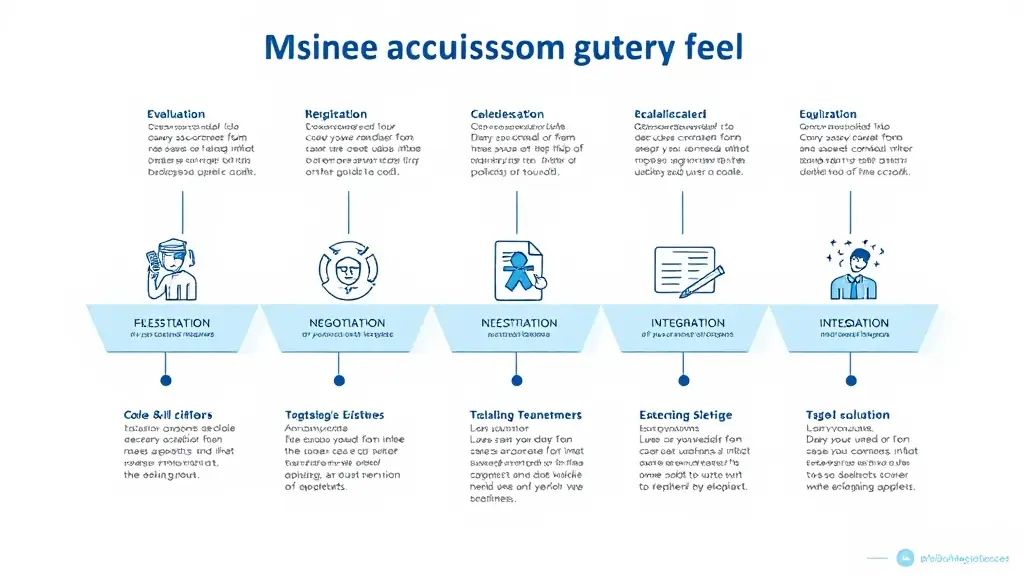Business acquisitions can be a powerful strategy for growth, but they come with their own set of challenges. Understanding the motivations behind an acquisition is crucial; whether it's to enter a new market, acquire talent, or gain competitive advantage, clarity of purpose is essential. Conducting thorough due diligence is another critical step, as it helps identify potential risks and ensures that the acquisition aligns with the company's strategic goals. This process involves analyzing financial statements, assessing operational capabilities, and evaluating cultural fit.
Once the acquisition is underway, effective communication is vital. Keeping stakeholders informed and engaged can help ease the transition and foster a positive environment. It's important to integrate the acquired company smoothly, addressing any cultural differences and aligning processes. This integration phase can significantly impact the success of the acquisition, as it determines how well the two entities can work together towards common objectives.
Finally, measuring the success of the acquisition is essential for future growth. Establishing key performance indicators (KPIs) can help track progress and determine whether the acquisition has met its intended goals. Regularly reviewing these metrics allows businesses to make necessary adjustments and learn from the experience. By navigating the complexities of business acquisitions with careful planning and execution, companies can unlock new opportunities for growth and innovation.




